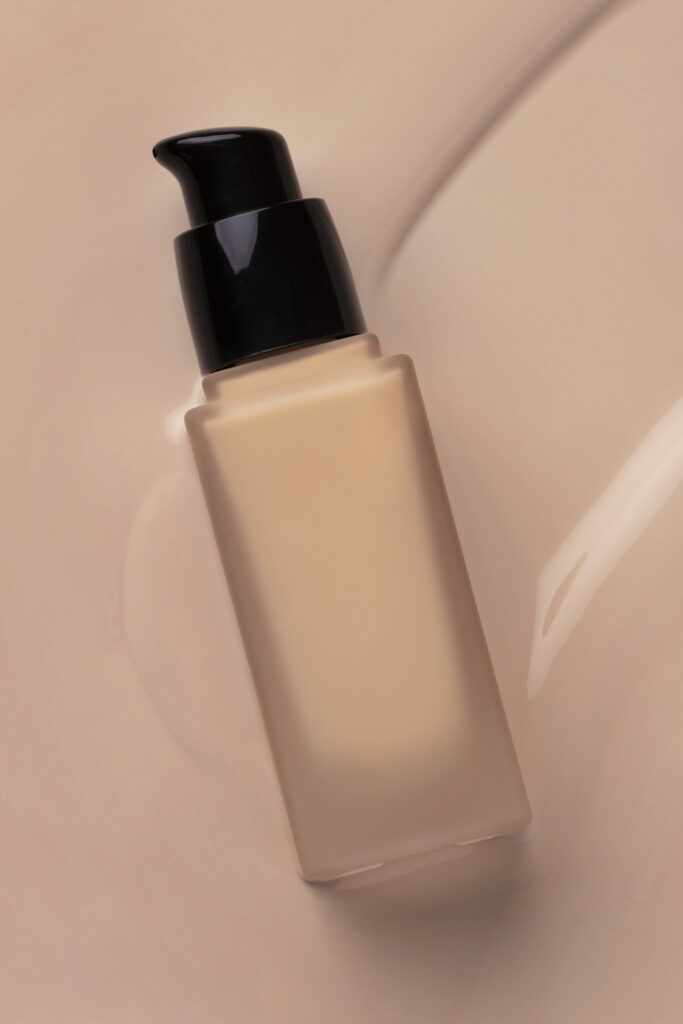
The Ultimate Guide to Face Foundation: Types, Tips, and Choosing the Right One
A basic component of many cosmetic procedures is foundation. It creates a smooth base for the remainder of your makeup, evens out the skin tone, and conceals flaws. Selecting the ideal foundation might be intimidating because to the wide variety of formulations and finishes that are currently available. This article will explain the various kinds of foundations, how to choose the best one for your skin type, and how to apply them flawlessly.
Types of Foundation
1.Powder Foundation: Powder foundations give a matte finish and are quick and easy to apply, making them perfect for oily or mixed skin types. They can be used over liquid foundation for setting and additional coverage, or they can be used alone for light coverage.
2.Liquid Foundation: of the most popular and adaptable kinds. Liquid foundations offer a variety of finishes, from matte to dewy, and are available in both water-based and silicone-based formulations. Depending on the amount applied, they can offer light to full coverage and work well on the majority of skin types.
3.Stick Foundation: Stick foundations are portable, provide complete coverage, and are ideal for touch-ups for on-the-go application. Normal to dry skin types benefit greatly from their creamy texture.
4.Cream Foundation: These foundations are perfect for dry or aged skin because they are rich and offer more coverage. Although they have a smooth, blendable texture, oily skin types may find them heavy.
5.Tinted Moisturizers and BB/CC Creams: These are lighter substitutes for foundation that provide light coverage and skincare advantages. When you desire a natural look, they are perfect for daily wear.
6.Mineral Foundation: Mineral foundations are excellent for sensitive or acne-prone skin because they are made from natural minerals and frequently don’t contain preservatives. They provide a lightweight, breathable finish and are typically available in powder form.
Choosing the Right Foundation
1.Skin Type:
Hydrating liquid or cream foundations with a dewy feel are beneficial for dry skin.
Matte or powder foundations that reduce shine work best for oily skin.
Different products for different parts of the body or a balanced formula may be necessary for combination skin.
Fragrance-free, non-comedogenic, and hypoallergenic formulations are the best choices for sensitive skin.
2.Coverage Needs:
For skin that is even and has just minor flaws, light covering is ideal.
Redness, acne, or pigmentation are best covered with medium to full coverage.
3.Undertone Matching:
There are three undertones for foundations: warm, cold, and neutral. Examine your wrist veins to determine your undertone, or think about how you respond to sunlight.
Make sure the foundation matches in natural light and always try it on your jawline rather than your hand.
Conclusion
Your intended look, lifestyle, and skin type will all influence which foundation is ideal for you. You may discover a foundation that not only improves your appearance but also feels comfortable all day long by being aware of the various types and how they affect your skin. There is the ideal foundation out there to suit your preferences, whether you like a natural glow or a flawless matte finish.